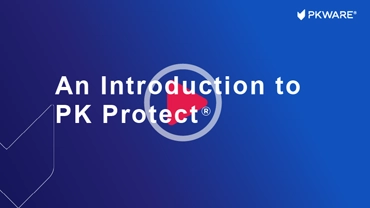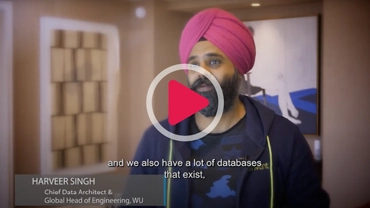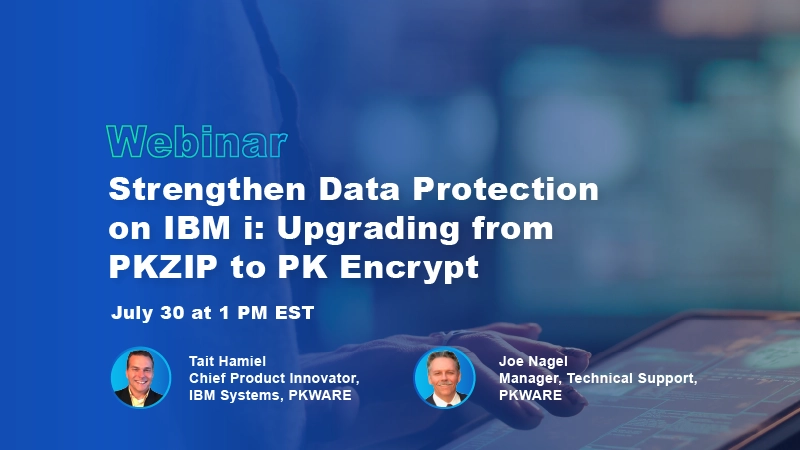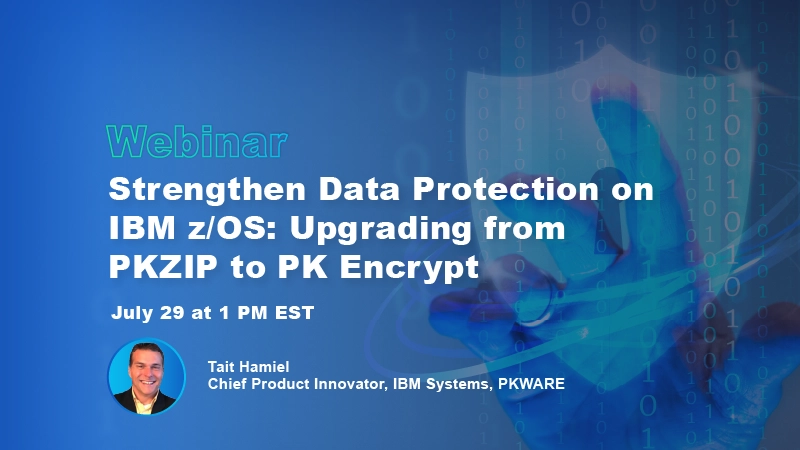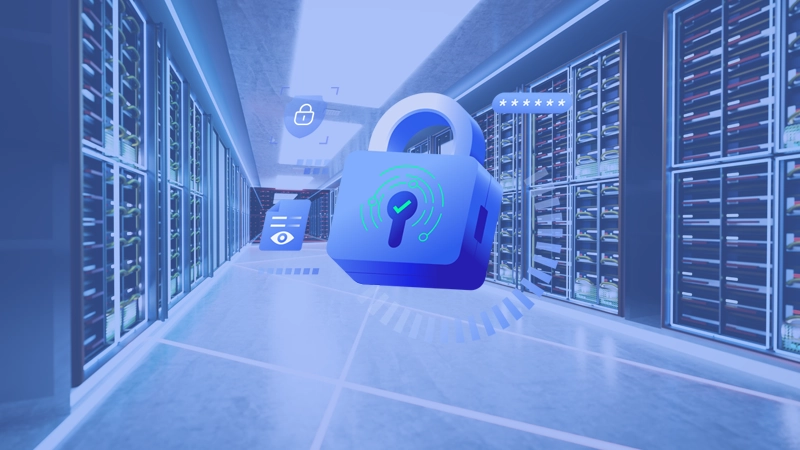Quantum computing is rapidly transitioning from theoretical research to practical applications, promising unprecedented computational power. While this advancement holds transformative potential across various industries, it also poses significant challenges to current data security posture. As quantum computers become capable of breaking traditional encryption methods, there is an urgent need to develop and implement quantum-resistant cryptographic standards to safeguard sensitive information where it lives, and where it moves.
Quantum Readiness – Prepare Today, For an Easier Tomorrow
PKWARE has simplified the complex, resource-intensive process of transitioning to quantum-safe encryption. Our Quantum Readiness Assessment helps organizations understand where they are today, if zero day was tomorrow, and puts a plan in place to ensure you remain crypto-agile when needed.
Get Quantum ready with PKWARE:
What’s included in the Quantum Readiness Assessment?
An in-depth discovery report that finds hot spots of encrypted files – this is step one in ensuring you are quantum ready.
Remediation recommendations, based on your findings, that could include stronger encryption, quarantining, or deleting.
The Impending Quantum Threat to Data Security
Traditional encryption methods, such as RSA and ECC, use computational difficulty to solve problems like prime factorization and discrete logarithms. Quantum computers, leveraging the principles of quantum mechanics, can solve these problems exponentially faster using algorithms like Shor’s. Experts are warning that quantum computers could emerge at any moment, driving the need for a strategic plan.
What Customers Have to Say About PK Protect
“Data privacy is going to continue to be important. And given that we operate at a global scale, we have to stay on top of that. This is why we are making investments in technology and working with partners like PKWARE.”
Harveer Singh, Chief Data Architect & Global Head of Data, Western Union
Industry Perspectives and Future Outlook
The rapid progress in quantum computing, such as Microsoft’s Majorana 1 chip, suggests practical quantum computers could arrive within years, not decades. Despite this, many organizations have yet to prioritize quantum security. A survey found that while 60% of large Canadian corporations and 78% in the U.S. expect quantum computing to be mainstream by 2030, most lack immediate action plans. To mitigate future risks, the public and private sectors must work together to raise awareness, develop quantum-resistant solutions, and implement them proactively.
NIST’s Role in Establishing Quantum-Safe Encryption Standards
In response to these challenges, the National Institute of Standards and Technology (NIST) has been at the forefront of developing post-quantum cryptography standards. After extensive evaluation, NIST finalized three encryption algorithms in August 2024, designed to withstand attacks from quantum computers.
These algorithms address two primary cryptographic needs:
The selected algorithms include CRYSTALS-Kyber for key encapsulation and CRYSTALS-Dilithium, FALCON, and SPHINCS+ for digital signatures. These standards aim to facilitate a seamless transition to quantum-resistant cryptographic systems, ensuring long-term data security.
